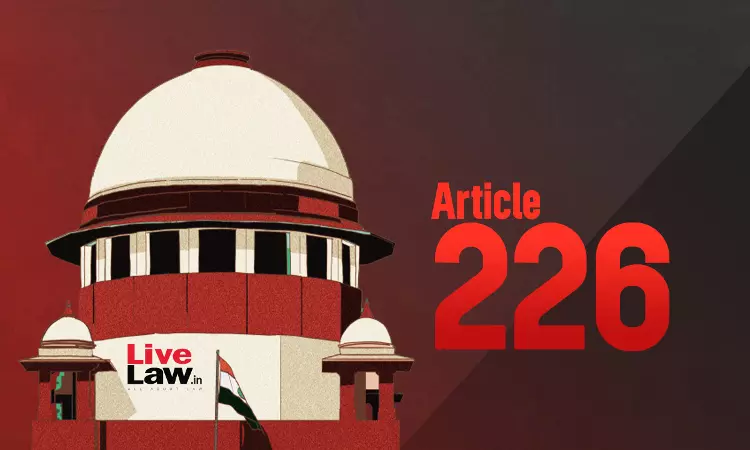Article 226| Mere Existence Of Disputed Questions Of Fact Won't Affect Writ Court's Jurisdiction To Grant Relief: Supreme Court
Gyanvi Khanna
28 Feb 2025 4:15 PM IST

If the State is disputing facts only to create a ground to reject the writ petition, the High Court must reject such contention.
Next Story


